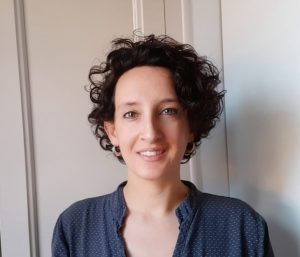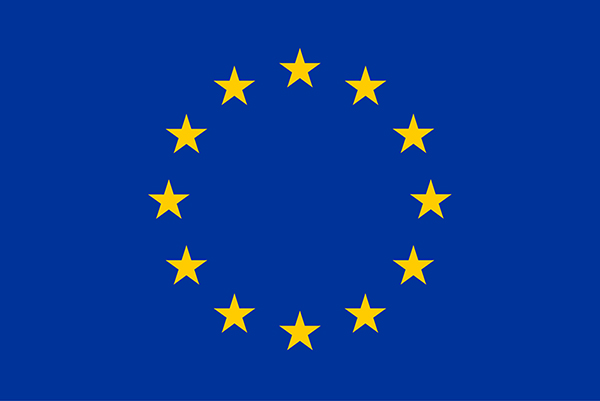Relief Maps are a conceptual and methodological tool created by Maria Rodó-Zárate for studying social inequalities from an intersectionality perspective, in three dimensions: the social dimension (positions and identities of gender, social class, ethnicity, age, etc.), geography (places in daily life), and psychology (effects on emotions). GenTIC is pleased to invite you to a seminar to get to know the Relief Maps tool and its possibilities for research and action on inequalities and discriminations.
When: Monday, May 6, 2024
Time: 16:00 h – 17:00 h (CEST)
Venue: UOC’s Interdisciplinary R&I Hub (floor 0 – Rambla del Poblenou 154 Barcelona) and online (link will be provided after registration).
Language: English
Registration: to participate, please register here.
Relief Maps allow to collect, analyse and visualize data on inequalities and discriminations. The tool, rooted in intersectional feminist theories and debates on feminist geography, was initially thought to be developed in paper as a useful methodology for qualitative research and training in social sciences. In 2018, Maria Rodó-Zárate with the support of Universitat Oberta de Catalunya designed the first digital version of Relief Maps: an open-access and free tool that allows both qualitative and quantitative analysis and visualization of large samples data. Within the framework of INTERMAPS project, a new digital tool has been developed. It includes a visual way of collecting data on intersectional positions based on the apple metaphor, a new interactive model for the Relief Maps and, building on feminist, queer, antiracist, decolonial and humanistic perspectives, it also proposes a GIS tool for collecting and visualizing georeferentitated data on the lived experience.
This event is part of the ‘Intersectional Social Justice Seminar Series’, organized by GenTIC to present new and promising approaches to the intersectional analysis of quantitative data.
Speaker

Maria Rodó-Zárate (Universitat Pompeu Fabra)
Maria Rodó-Zárate is a tenure-track professor at the Political and Social Sciences Department at Universitat Pompeu Fabra (UPF). She is graduated in Political Sciences (UAB), Master in Women, Gender and Citizenship Studies (UB) and PhD in Geography (UAB). Her research focuses on the study of social inequalities from an intersectional, spatial and emotional perspective applied to issues such as the right to the city, gender-based violence or LGBTI-phobia. She is interested in the spatial articulations among social categories such as gender, class, ethnicity, sexual orientation, age or (dis)ability, and their effects on lived experience. In 2021, Maria Rodó-Zárate was awarded a European Research Council (ERC) Starting Grant to lead the INTERMAPS project, which aims to contribute to the study of inequalities and discriminations by proposing a specific framework that can establish a systematization and characterization of intersectional dynamics.
Maria Rodó-Zárate has developed specific methodologies for the study of intersectionality such as the Relief Maps, which won the Ramon Molinas Award (2018) for the best social impact project. She has been a visiting research fellow at the Graduate Center of the City University of New York (United States), Universidade Estadual de Ponta Grossa (Brasil) and University College Dublin (Ireland). She has also been a PNDP/CAPES postdoctoral researcher at UEPG (2015), Juan de la Cierva postdoctoral researcher at Universitat Oberta de Catalunya (2016-2020) and Serra Hunter lecturer at Universitat de Barcelona (2020-2022).
Header image: Relief Maps avatar, INTERMAPS project.
Funded by:
This event is organized as part of the ‘Intersectional Social Justice Seminar Series’ in the framework of the 2021 SGR 01032 project, funded by the Department of Research and Universities of the Government of Catalonia.

In collaboration with:
HORIGESTEM, Grant PID2021-123049OB-I00 funded by MICIU/AEI/10.13039/501100011033 and by ERDF “A way of making Europe”.

INSPIRE, funded by the European Union’s Horizon Europe research and innovation programme under grant agreement No 101058537.
